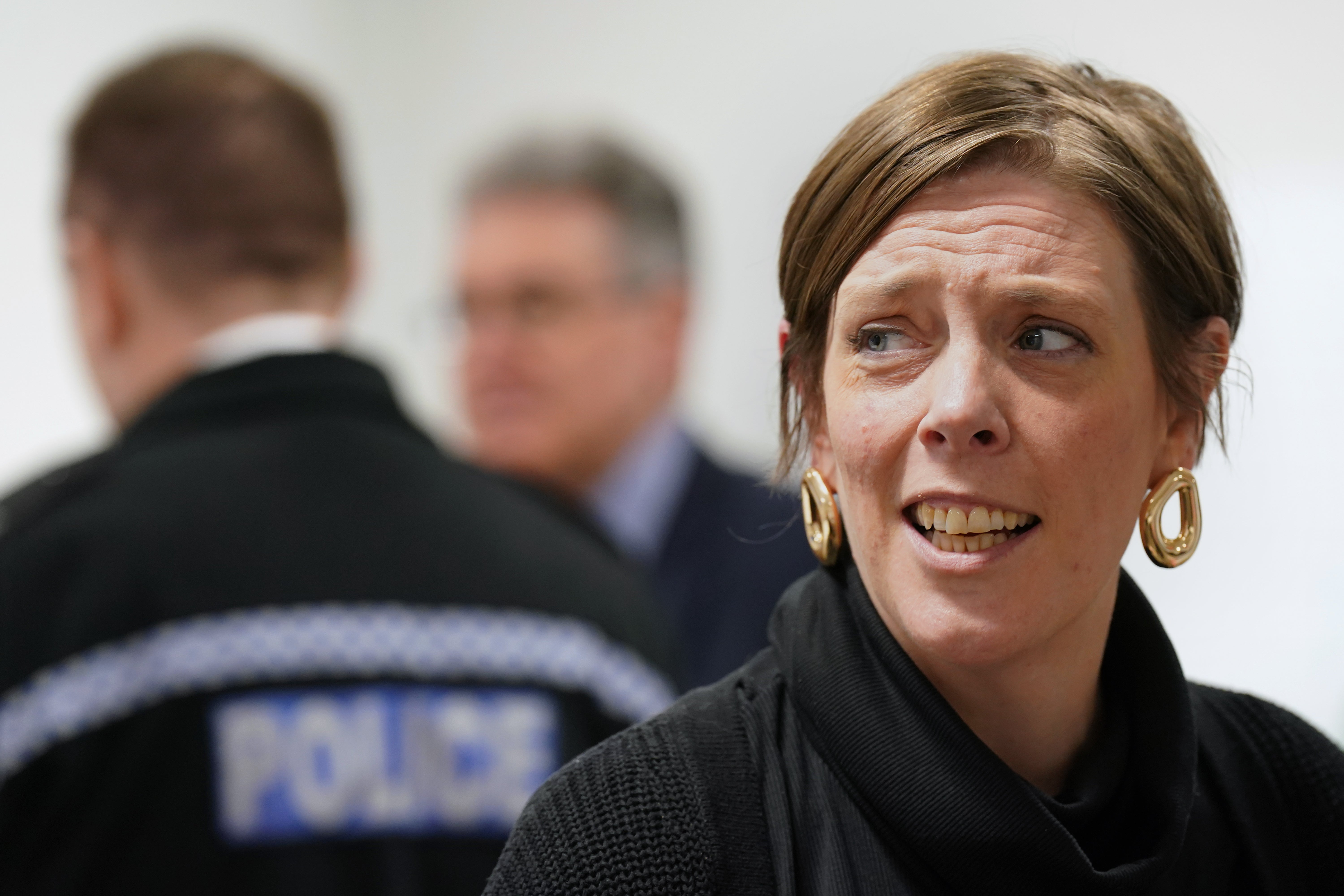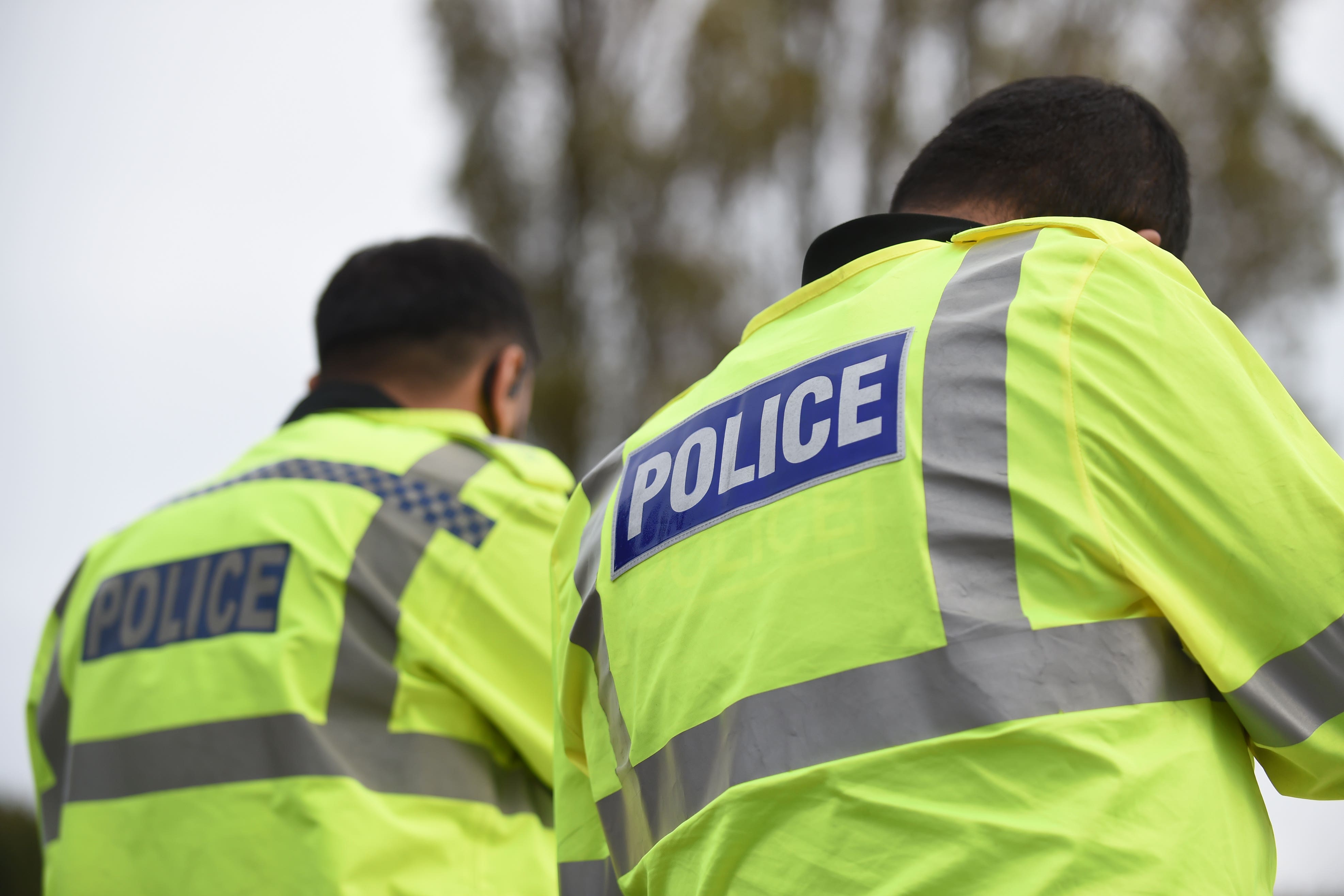Gang leaders who force children to conceal drugs to face 10 years in jail
Known as ‘plugging’, the practice sees people made to swallow or hide items inside their bodies

Gang leaders who coerce vulnerable individuals into concealing drugs and cash within their bodies could face up to a decade behind bars, thanks to a proposed change in the law.
Ministers are seeking to establish a new criminal offence to combat the practice known as "plugging".
This method is commonly employed by organised crime groups to transport illicit goods in county lines drug operations.
Children and vulnerable adults are often forced to swallow or hide items inside their bodies, which can result in serious harm.
There is also a risk of fatal overdose if drug packages rupture internally.
The amendment will be incorporated into the Crime and Policing Bill, which is currently progressing through Parliament.

“There is something truly evil about the gang leaders who degrade young girls, young boys and vulnerable adults in this way, forcing them to put their lives at risk,” Safeguarding Minister Jess Phillips said.
“This new offence will go alongside other measures in our landmark Crime and Policing Bill toturn the tables on the gang leaders and hold them to account for exploiting children and vulnerable adults.”
It comes as the Government committed to investing £42 million into a programme to tackle county lines gangs and support victims of the drugs trade.
Since July 2024, more than 800 violent criminals involved in county lines have been charged through the programme’s enforcement action and 1,200 drug lines have been closed, according to the Home Office.
More than 2,100 safeguarding referrals for children and vulnerable people have also been made, it added.
“Children forced to carry drugs in this way are subject to a form of abuse and exploitation that causes deep, long-lasting harm, and the law must reflect that,” Jack O’Neill, of The Children’s Society, said.
“A clear legal definition of child criminal exploitation would help stop vulnerable children falling through the cracks and shift the focus onto the predators who profit from their abuse.”
Join our commenting forum
Join thought-provoking conversations, follow other Independent readers and see their replies
Comments